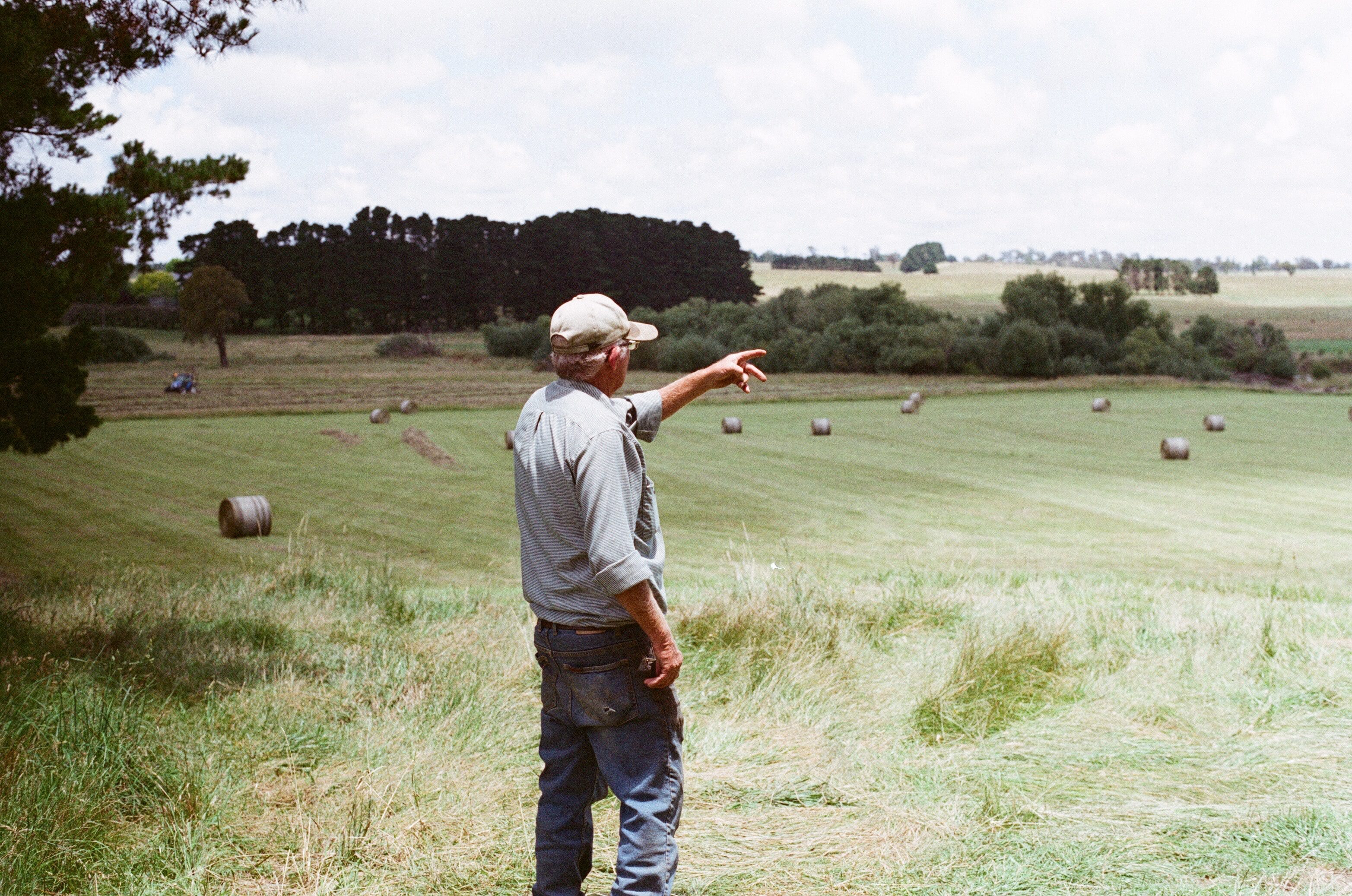Expropriation without compensation (EWC) is unnecessary for land reform, dangerous to the economy, and will be disastrous for the poor. The Constitution Eighteenth Amendment Bill proposes to change the Constitution to allow the government to expropriate private property without being required to pay compensation. In its submission, the Free Market Foundation (FMF) opposes the amendment on both principled and pragmatic grounds. It would, once again, make South Africa the skunk of the world, which President Mandela promised we would never be again. The main victims will be the black poor whose constitutional protection for their hard-won rights to property ownership will disappear. It is back to the apartheid policy of the Natives Land Act. EWC is dispossession; in reality, it is government theft.
The amendment is unnecessary for land reform purposes. There are less damaging and restrictive alternatives available to the government that will not destroy remaining investor confidence and creates grave uncertainty in the economy.
Leon Louw, the Executive Director of the Free Market Foundation: Land audit nonsense: Why “left” and “right” wing audits are virtually meaningless.
The idea of expropriation without compensation is alien to the world of constitutional democracy. FMF legal policy head, Martin van Staden, said, “In all open and democratic societies, compensation is always payable when properties are expropriated by the government. The exception is when property used to commit a crime is seized.” When properties are expropriated without compensation, prior ownership is denied and the dignity of the owner repudiated. The amendment would bring South Africa a step closer to a position where property owners would receive the same protection as convicted criminals do for their property: none.
[perfectpullquote align=”right” bordertop=”false” cite=”” link=”” color=”” class=”” size=””]During and after the end of apartheid, the property rights of the poor have received scant respect. They cannot afford to vindicate their rights in court and they cannot leave, except as refugees, when their own property is arbitrarily expropriated.[/perfectpullquote]
The EWC Bill introduces unacceptable discretionary powers into the constitutional text by allowing Parliament to arbitrarily define, without constitutional guidance, the circumstances under which the courts may allow expropriation without compensation. It is a bad constitutional practice to allow the legislature to make such determinations without having criteria and other imperatives with which Parliament must comply, incorporated in the Constitution itself. The purpose of a right entrenched in the Bill of Rights, such as the right to compensation, is to put it beyond the reach of everyday politics. It is so important to stability, freedom, and prosperity, that the constitutional drafters decided to protect it from transient political expediencies. The amendment attempts to remove this protection and bring it within reach of politicians motivated by temporary political agendas.
Should the amendment be adopted, it is not President Ramaphosa or his Cabinet who will have the exclusive power to expropriate. Tens of thousands of petty, unelected officials in every government agency, in state-owned companies, and municipalities, will have this power. The President’s assurances do not and cannot bind all of these officials. Giving such awesome, unrestrained power to mere municipal employees should concern all South Africans, particularly those living in mismanaged municipalities or those who are at the mercy of bureaucrats who may have personal and political points to score.
[perfectpullquote align=”left” bordertop=”false” cite=”” link=”” color=”” class=”” size=””]The EWC Bill does not distinguish between classes of people, and as a result, puts everyone’s property at risk.[/perfectpullquote]
The amendment’s consequences for the economy have been well-documented and experienced around the world. Every society, particularly those of Zimbabwe and Venezuela, that has attempted expropriation of property without compensation, has not only seen a collapse in agriculture but also in the financial industry as security for billions in bank loans disappears. All those societies are now far poorer than they were when they started with their dubious programmes of dispossession.
The EWC Bill does not distinguish between classes of people, and as a result, puts everyone’s property at risk. But the poor, and particularly the black poor, as usual, will be the forgotten victims of another bad policy choice by government. While the wealthy can oppose expropriations in court for many years and finally leave South Africa if their property is seized, the poor have no such options. During and after the end of apartheid, the property rights of the poor have received scant respect. They cannot afford to vindicate their rights in court and they cannot leave, except as refugees, when their own property is arbitrarily expropriated. Without the necessary requirement to pay compensation, the poor will be hardest hit by the proposed amendment.
According to FMF director, Temba A Nolutshungu, “Sol Plaatje, the most prominent critic of the Natives Land Act, would have vigorously opposed the proposed amendment. We are repeating history by introducing legislation reminiscent of apartheid. Plaatje must be tossing and turning in his grave in bewilderment.”
The FMF calls on Parliament to abandon the amendment and insists that the government fulfill its existing obligations under section 25 of the Constitution.
Read the full submission here: https://www.
The FMF is an independent, non-profit, public benefit organisation, created in 1975 by pro-free market business and civil society national bodies to work for a non-racial, free and prosperous South Africa. As a policy organisation it promotes sound economic policies and the principles of good law. As a think tank, it seeks and puts forward solutions to some of the country’s most pressing problems: unemployment, poverty, growth, education, health care, electricity supply, and more.

